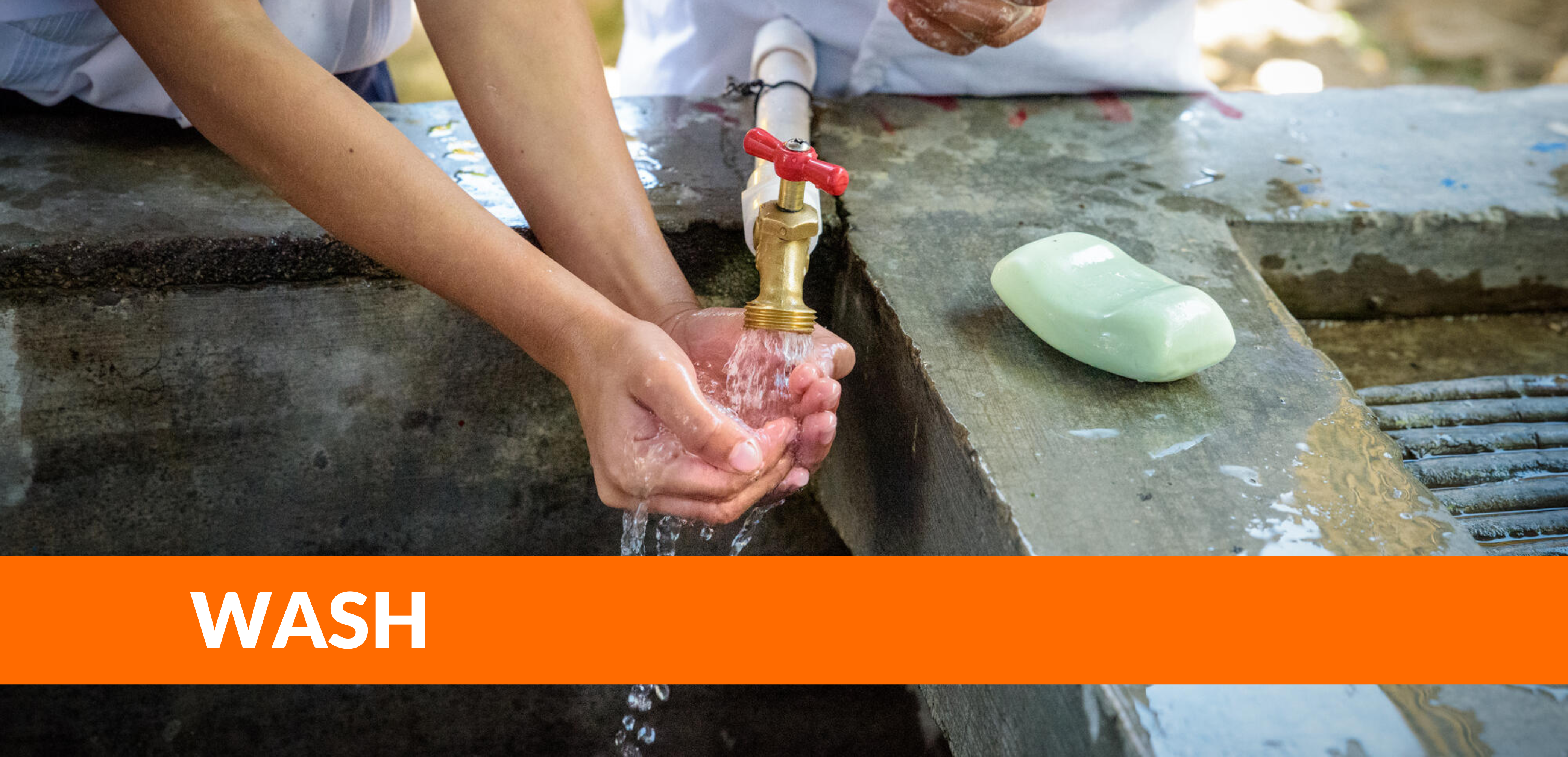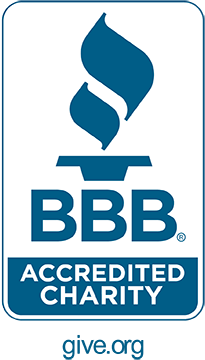Abstract: Safe drinking water is critical to human health and development. In rural sub-Saharan Africa, most improved water sources are boreholes with handpumps; studies suggest that up to one third of these handpumps are nonfunctional at any given time. This work presents findings from a secondary analysis of cross-sectional data from 1509 water sources in 570 communities in the rural Greater Afram Plains (GAP) region of Ghana; one of the largest studies of its kind. 79.4% of enumerated water sources were functional when visited; in multivariable regressions, functionality depended on source age, management, tariff collection, the number of other sources in the community, and the district. A Bayesian network (BN) model developed using the same data set found strong dependencies of functionality on implementer, pump type, management, and the availability of tools, with synergistic effects from management determinants on functionality, increasing the likelihood of a source being functional from a baseline of 72% to more than 97% with optimal management and available tools. We suggest that functionality may be a dynamic equilibrium between regular breakdowns and repairs, with management a key determinant of repair rate. Management variables may interact synergistically in ways better captured by BN analysis than by logistic regressions. These qualitative findings may prove generalizable beyond the study area, and may offer new approaches to understanding and increasing handpump functionality and safe water access.
Key Points:
- Nearly 80% of water sources studied were functional
- Water source functionality depended on management team presence and quality
- Management variables interact synergistically to affect functionality
Article from:
Water Resources Research
Volume51, Issue10, October 2015, Pages 8431-8449





